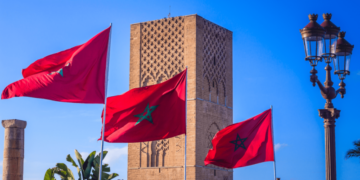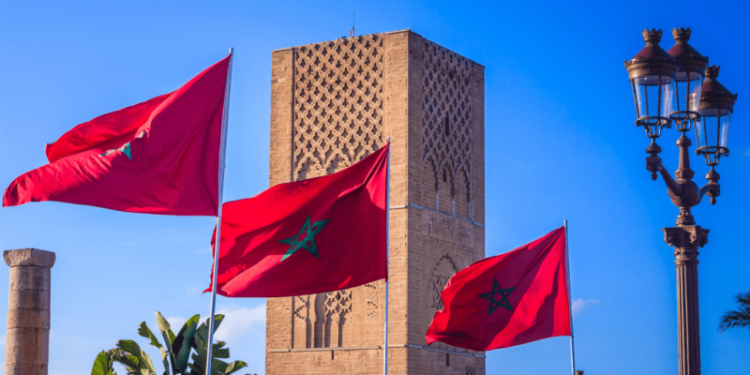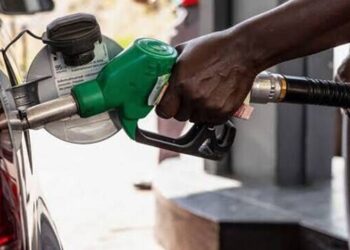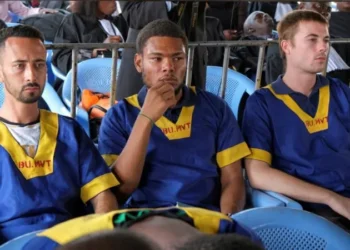By Emmanuel Nduka
In a landmark move to advance regional governance, Morocco has signed four pivotal framework agreements aimed at accelerating the implementation of advanced regionalisation and reinforcing cooperation across key sectors.
The agreements, revealed at the 2nd Advanced Regionalisation Conference in Tangiers, encompass critical areas such as water management, mobility, environmental protection, and waste management.
The first agreement, designed to expedite the strategic implementation of regionalisation, focuses on decentralising powers and transferring responsibilities to regional authorities, continuing the work outlined in the 2019 national framework. With the participation of senior ministers such as Abdelouafi Laftit (Interior), Nadia Fettah (Economy and Finance), and Nizar Baraka (Equipment and Water), this agreement seeks to foster more efficient regional governance and align local priorities with national goals.
The second agreement, signed by officials from the Interior Ministry, Equipment, and Water, as well as the presidents of the twelve regional councils, tackles the territorial implementation of water management and environmental protection policies. It promotes a collaborative framework to address pressing environmental issues, ensuring a unified approach to sustainable water use and conservation.
A third agreement, focused on transforming public transport in urban and intermunicipal areas, secures funding for a new model of delegated management contracts for bus transport. With a 11 billion dirham investment over the next five years, this initiative aims to improve urban mobility through sustainable and financially balanced management systems.
The fourth agreement, addressing the management of household and similar waste, aims to enhance partnerships for more effective waste recovery and disposal systems. Aligned with Morocco’s sustainable development goals, the agreement spans from 2025 to 2034 and emphasizes environmentally sound waste management practices at the regional level.
Held under the theme “Advanced Regionalisation: Facing Today’s and Tomorrow’s Challenges,” the conference attracted over 1,500 attendees, 160 international guests, and over 45,000 online participants. The event highlights Morocco’s commitment to regionalisation as a key driver of territorial development and decentralisation, marking a critical milestone in the nation’s efforts to meet evolving environmental and infrastructural challenges.




































